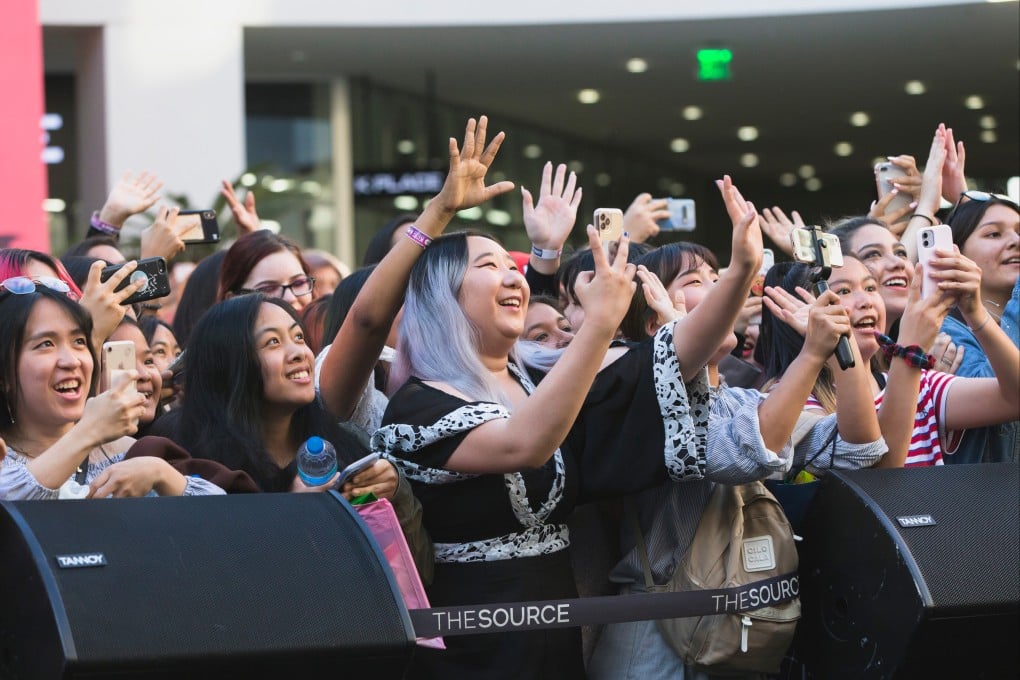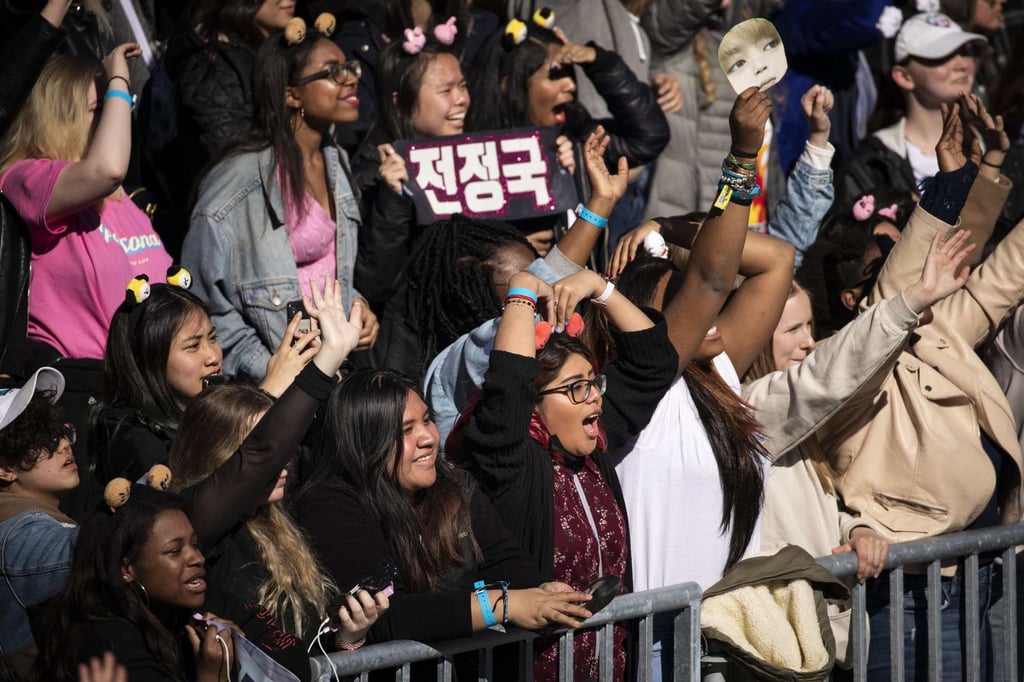Opinion | Racism and hate have no place in K-pop fandoms, but are rife. What can we do?
- Violent threats, racism and misogyny have replaced dialogue in response to journalists and fans who raise legitimate criticism of K-pop acts
- As long as social media platforms like Twitter act as enablers, we can do little but continue calling out negativity when we see it, even if it feels useless

Right now one of the most talked-about issues in English-language K-pop social media spaces is not the stars or the music, but rather the bad behaviour of some individuals using their fandom as excuses for racism and hate.
Several recent high-profile instances between journalists and fans stoked the flames, resulting in the harassment of three women culture writers and reporters: one Korean, one Korean-American and one Barbadian. Each, and anyone who publicly discussed the instances, faced aggressive, often violent, rhetoric accompanied by hateful, misogynistic and racist slurs following things they either wrote or said, prompting outrage from different groups of K-pop fans.
These three women are far from the first people to have faced targeted hate campaigns at the hands of pockets of fans who rally together not to spread love for their favourite stars, but to spread hate.
Racism and hate is rampant in online communities, and K-pop fan spaces, as positive as they can be, are no different. It’s nothing new for fan communities; a certain section of Star Wars fans, for example, has long spewed racism and hate at non-white and female stars who have appeared in the series, running some off their public social media accounts.

To be clear, it’s not just journalists that suffer; other K-pop fans are also targeted. “14 BTS fans talk about the racism they’ve experienced within the fandom” read a Buzzfeed headline in May 2018. In July 2021, an article on the same site talked about how fans of Enhypen had come together to speak up against racism in their fandom, after a member of the group was accused of singing the N-word in the background of a video.
Both stories followed high-profile blow-ups, but anyone who engages frequently with K-pop fandom communities has likely seen similar behaviour, where individuals who criticise or question artists or their music receive responses that rapidly descend into negativity. Those who speak up in support, or even merely to discuss the situation, also come under fire.
